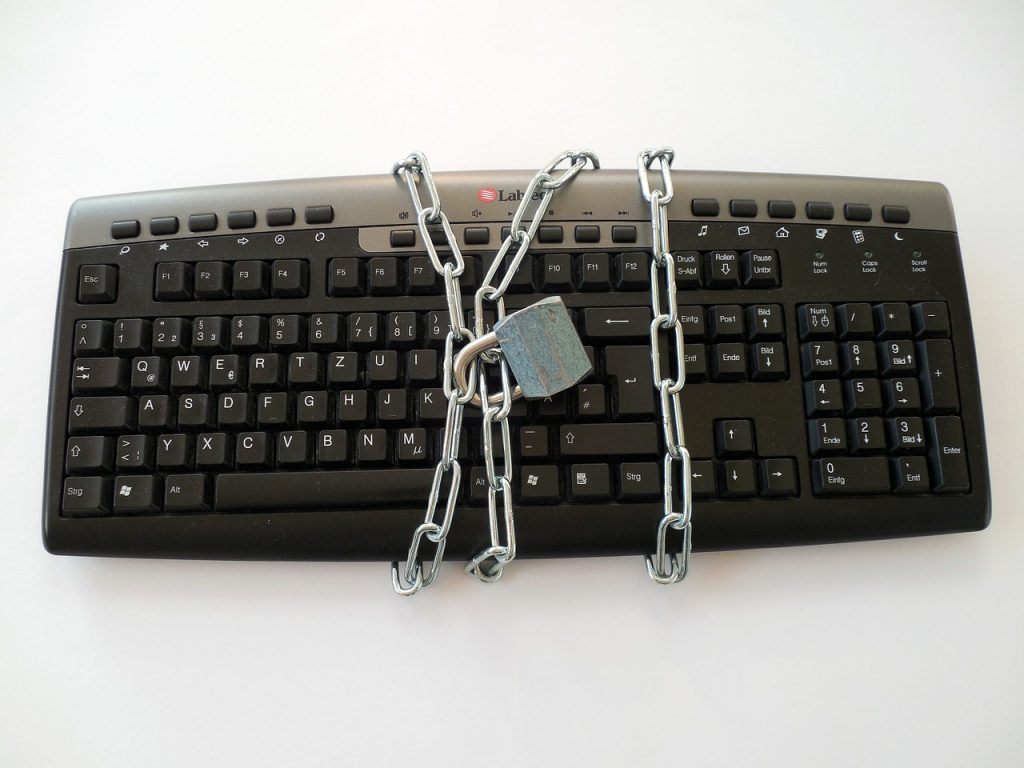You Will Now Have To Prove Your Age To Go Online
Privacy crackdowns could force interest users to prove their age to go online.
This article is more than 2 years old

Due to mounting pressure from activists, parents, and regulators who think tech giants haven’t done enough to protect young people in the digital space, doing a lot of stuff online just got a whole lot trickier. Businesses and governments worldwide are placing stricter digital age checks on some parts of the online experience. This means internet users will have to prove their age when they go online.
As reported by the New York Times, people in Japan must provide documentation proving their age to use dating apps like Tinder. The popular game Roblox requires players to upload a form of government identification and a selfie if they want access to its voice chat feature. While laws in Germany and France require pornography websites to properly verify the age of online visitors.
Drastic changes like these could upend one of the internet’s biggest traits – the ability to remain anonymous. Since the days of dial-up modems, people could browse most of the web without needing to prove their age or give out personal information. As a result, many people created online personas entirely separate from who they really are.
However, engaging with content and communicating online has become a lot less like visiting an anonymous public square. It’s more like a trip to the bank, with measures in place to prove that you are who you say you are. This month, lawmakers in Washington called for new rules to protect young people online. The move comes after a former Facebook employee said the company knew its products could be harmful to teenagers. They repeated the sentiment in a hearing with executives from YouTube, TikTok, and the parent company of Snapchat.

But the decision to make the digital space safer doesn’t come without its problems. Critics of the checks worry that requirements like proving your age will force users to give sensitive information to websites with limited resources to prevent hacks. Outside companies that offer age checks would be vulnerable, too. “Either way, that’s still a treasure trove of data that’s exploitable,” said Daly Barnett, a staff technologist at the Electronic Frontier Foundation, an online privacy, and free speech advocacy group.
Given the validity of both arguments, internet users are stuck in a catch-22 situation. Interestingly the Billboard Test, a tool by social media lawyer Emma Sadleir, might be relevant in this instance. The “test” was introduced at a recent online event hosted by the University of Cape Town in South Africa to help people understand the legal framework of our digital world, and perhaps why providing proof of age could be a good thing.
According to the Billboard Test, people should equate their online activity to putting whatever they’re about to share on social media or other sites, on a huge billboard, with a big photo of their face, their name, and the logo of a company or institution they’re linked to. Users are already (albeit inadvertently) giving away troves of private information online without realizing it. So perhaps proving your age online isn’t such a big deal after all.



